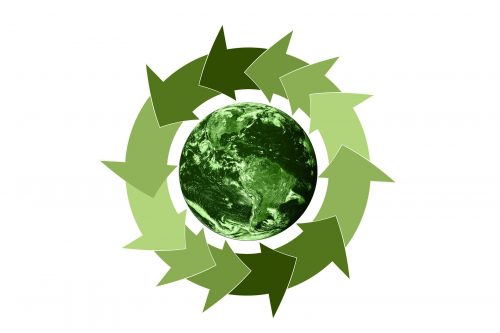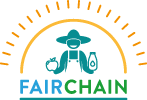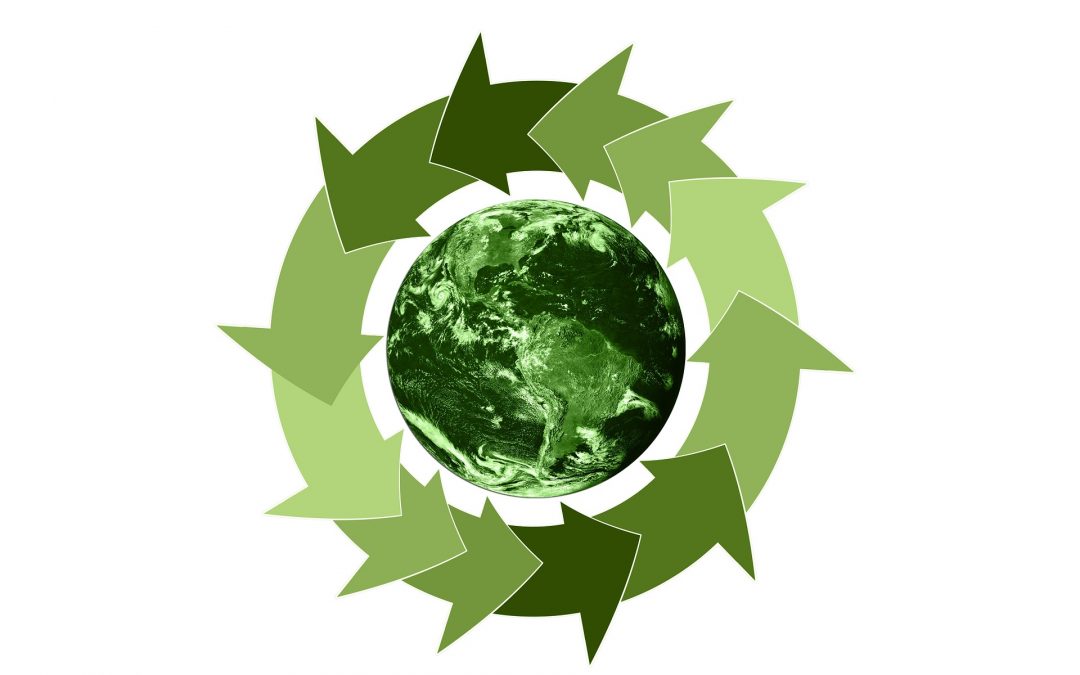
By: Caroline Pénicaud, INRAE and Geneviève Gésan-Guiziou
The French case study aims to develop and distribute an innovative drink based on the use of whey, a coproduct of cheese dairies. Whey is currently valorized into whey or protein concentrates when produced in large volumes. However at small scale, its valorisation is limited and whey may go to wastewater treatment (depending on the whey acidity and volume produced).
The partners of the Case Study in France (Sodiaal, Laboratoires Standa, Actia, Petrel, and INRAE) start to assess the baseline of the Case Study in Eastern France.
The aim of the environmental assessment, performed by INRAE, was to provide a basis for comparing the environmental performance of the developed innovation with the current situation. Life Cycle Assessment (LCA) is recognized to be the method of choice when measuring environmental impacts (climate change, resource depletion, etc. ) of a product, process, or service. The LCA analysis done here used a cradle-to-grave approach, i.e. from raw milk production to cheese products and current whey valorization.
Results show that milk production and whey drying are the main hotspots in the environmental impact and that transport of whey from cheese dairies to valorization sites is not negligible. Thus, to be an environmentally friendly innovative solution, the whey drink should generate less environmental impact than whey drying and be produced as close as possible to the cheese dairy. LCA will be used to compare the new value chain to the current one and then to quantify environmental benefits.

